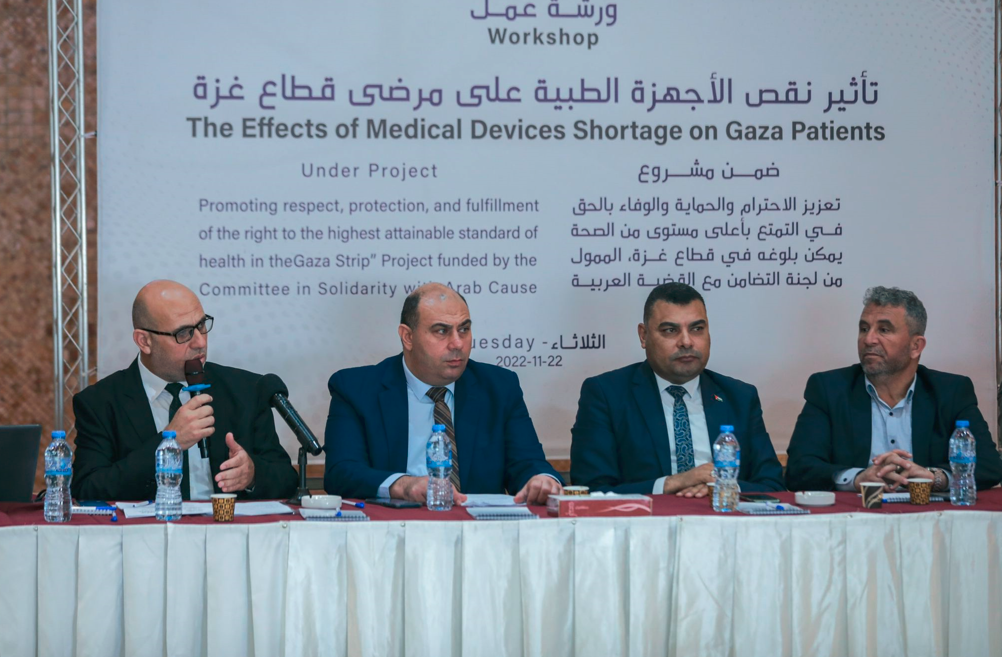
Ref: 37/2022
Date: 22 November 2022
On Tuesday, 22 November 2022, the Palestinian Centre for Human Rights (PCHR) organized a workshop titled “Effects of Medical Devices Shortage on Gaza Strip’s Patients”. The workshop was attended by representatives of the Palestinian Ministry of Health (MOH), World Health Organization (WHO), non-governmental organizations e health sector, and medical devices suppliers. This workshop is organized under “Promote, Respect, Protect and Fulfill the Right to the Highest Attainable Standard of Health in the Gaza Strip” project funded by the “Committee in Solidarity with Arab Cause” to shed light on the repercussions of the lack of medical devices on the Gaza Strip’s patients.
Dr. Fadel al-Muzaini, Head of the Economic and Social Rights’ Unit at PCHR, opened the workshop welcoming the attendees and pointing out that the workshop comes as part of promoting the right to health in the Gaza Strip and aims at alleviating patients’ suffering triggered by the shortage of diagnostic and therapeutic medical devices in health facilities. Al-Muzaini emphasized that the right to health is guaranteed by international conventions and instruments, in particular the Universal Declaration of Human Rights and the International Covenant on Economic, Social and Cultural Rights (ICCPR), and is a fundamental part of the human dignity.
Eng. Bassam al-Hamadeen, Assistant Undersecretary at the MOH, affirmed that the Israeli-imposed closure on the Gaza Strip for 16 years has weakened the health system, hindering the entry of new medical devices or spare parts required for the repair of malfunctioned medical devices, which are necessary for diagnosing and treating patients, particularly cancer patients. Moreover, Hamadeen indicated that MOH provides all official documents required for the supply of devices to all concerned authorities, emphasizing that these devices are used for civilian health purposes, but the Israeli occupation authorities obstruct and ban the entry of these devices.
For his part, Dr. Ayman al-Farra, Deputy General Director of MOH’s General Hospitals Directorate, pointed out that Gaza Strip’s hospitals suffer from a chronic shortage of medical devices and supply of all diagnostic devices and medical imaging services, which are not updated in line with the latest global scientific development. Al-Farra affirmed that about 250 medical devices in all specialties have been placed out of service, and these devices are necessary for saving patients’ lives. Al-Farra said that Gaza hospitals are currently in urgent need of many devices, including: a mammography device used to detect breast cancer, a cardiac catheterization device, and diagnostic and interventional radiology used in surgeries. Al-Farra added that the continued shortage of these devices increases the number of patients on the waiting lists for operations in different medical departments and raises the number of patients referred for treatment abroad.
Ibrahim ‘Abbas, Director of the Medical Imaging Unit at the MOH, gave a presentation of the medical devices banned entry into the Gaza Strip by the Israeli occupation authorities, stressing that the Gaza Strip hospitals are in dire need of modern radiology devices, as some of the devices used in hospitals still uses old film developing apparatus to print the images that affect the quality of x-rays and impairs medical diagnosis.
Eng. Mazin al-‘Ashi, Director General of the Maintenance Unit at the MOH, indicated that a large number of medical devices necessary for treating and diagnosing serious diseases are malfunctioned because of the huge pressure on those devices and recurrent power outrage, stressing that the spare parts for medical devices are not available in the Gaza Strip markets.
Mahmoud al-Halabi, Logistics and Procurement Officer at WHO, Gaza, reviewed WHO’s role in supporting health system in the Gaza Strip, pointing out that WHO faces ongoing Israeli obstacles imposed on the entry of medical devices under the pretext that they are “dual-use”. He added that in the coming months, WHO will initiate a platform to facilitate the supply of medical devices by using a new mechanism for submitting applications for importing devices according to the required standards and conditions to ensure their access to health facilities in the Gaza Strip.
For their part, representatives of private companies supplying medical devices indicated that their companies fulfill all documents necessary to import medical devices and submit them to the Israeli authorities, but the latter often seize medical devices at their crossings and ban their entry into the Strip, incurring heavy financial losses to these companies. They also pointed out that there are accumulating broken spare parts in their companies’ warehouses, rendering them unable to send them to the manufacturing companies for maintenance; as a result, a large number of medical devices has become out of service.
Eng. Rafeeq al-Zant, Director of Al-Haya Specialized Hospital, clarified that the hospital has 6 inoperative medical devices, which need spare parts to re-operate, including a PET-CT device. He emphasized that this has affected hospitals’ contractual obligations with UNRWA and MOH with regard to provision of medical services to patients.
At the end of the workshop, the participants recommended the need to form a coordinating committee with the membership of all relevant local and international parties to be responsible for the entry of medical devices into the Gaz Strip. They also recommended strengthening plans to develop the health system and services provided to patients. The participants called upon the international community and human rights organizations to compel the Israeli occupation authorities to allow entry of medical devices necessary for saving patients’ lives.

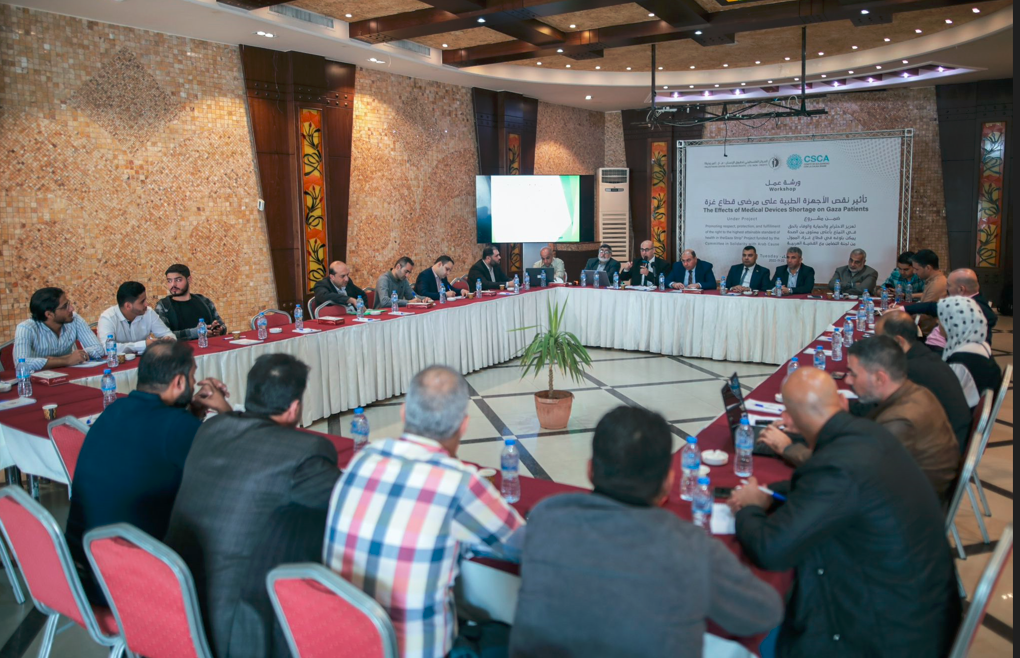
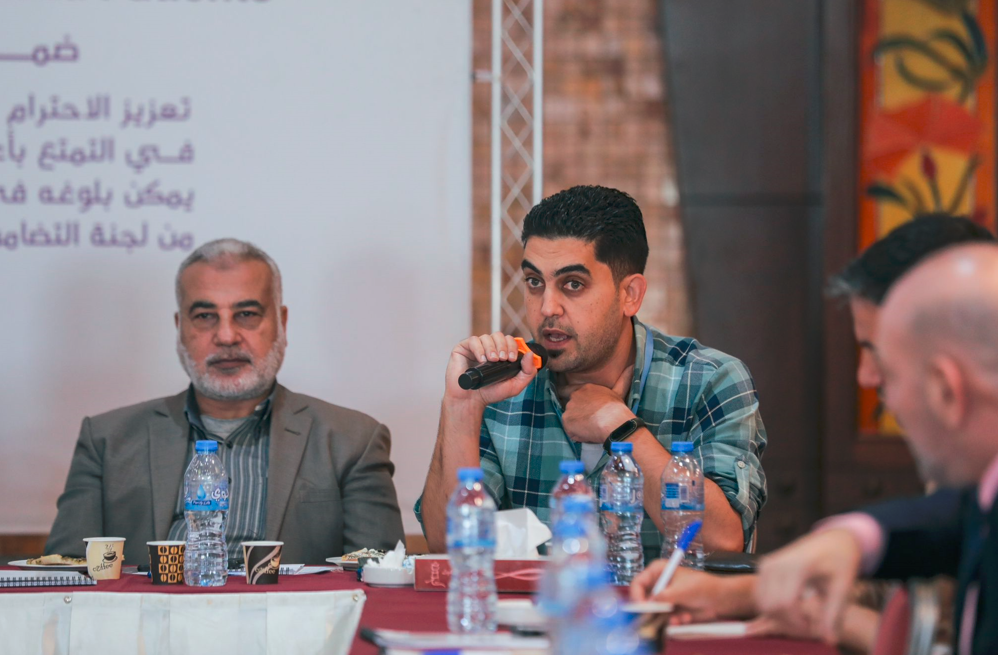
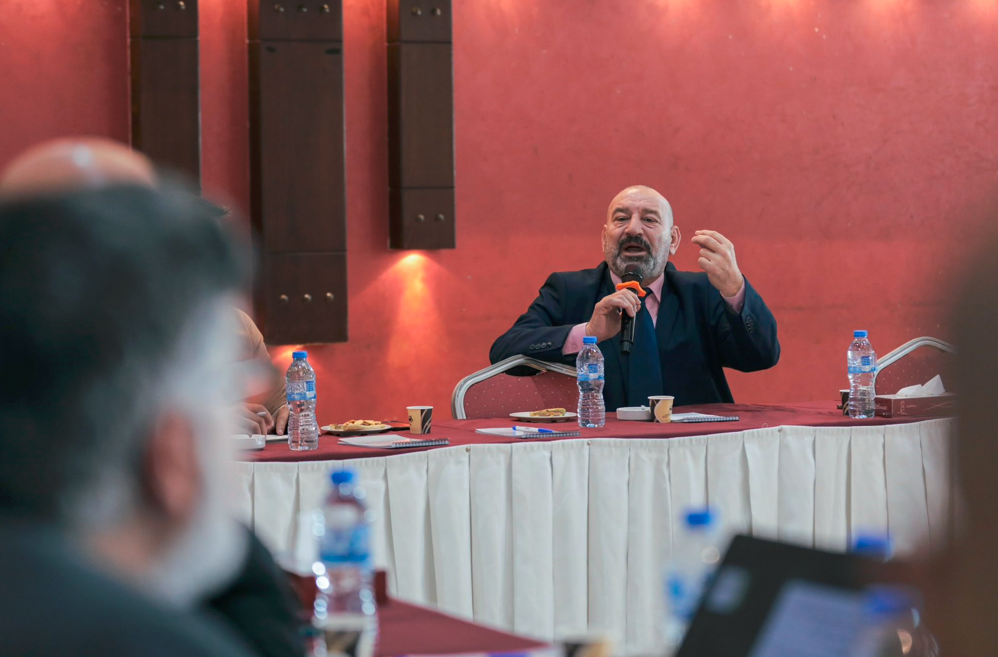
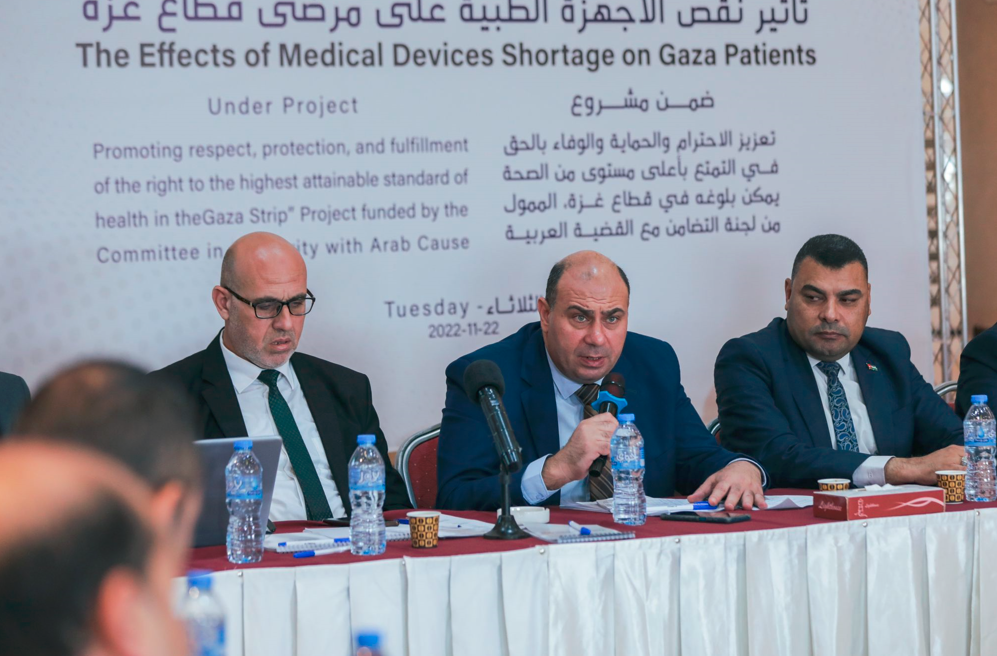
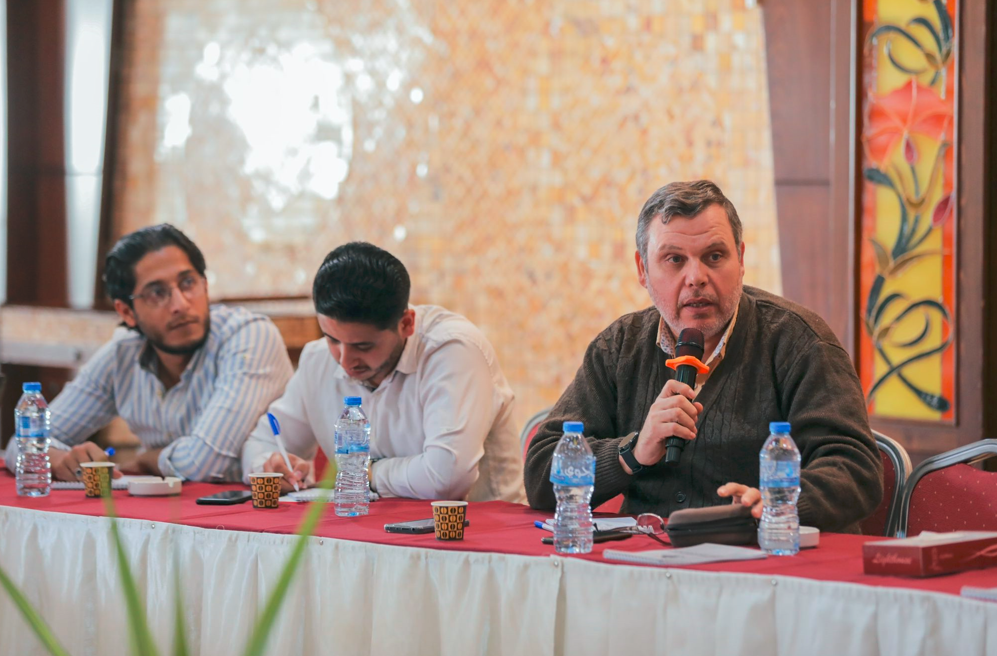
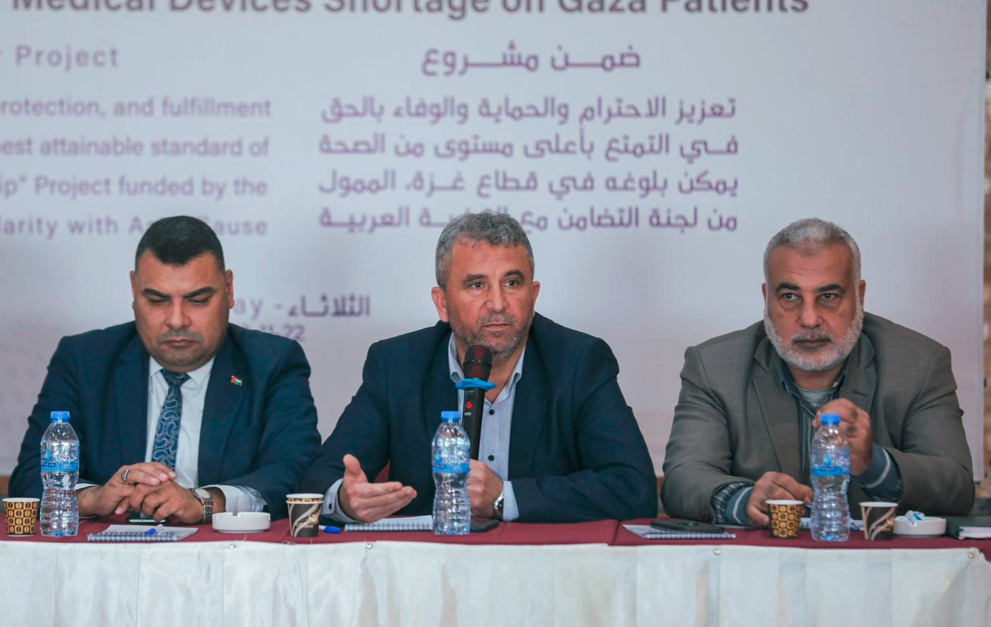
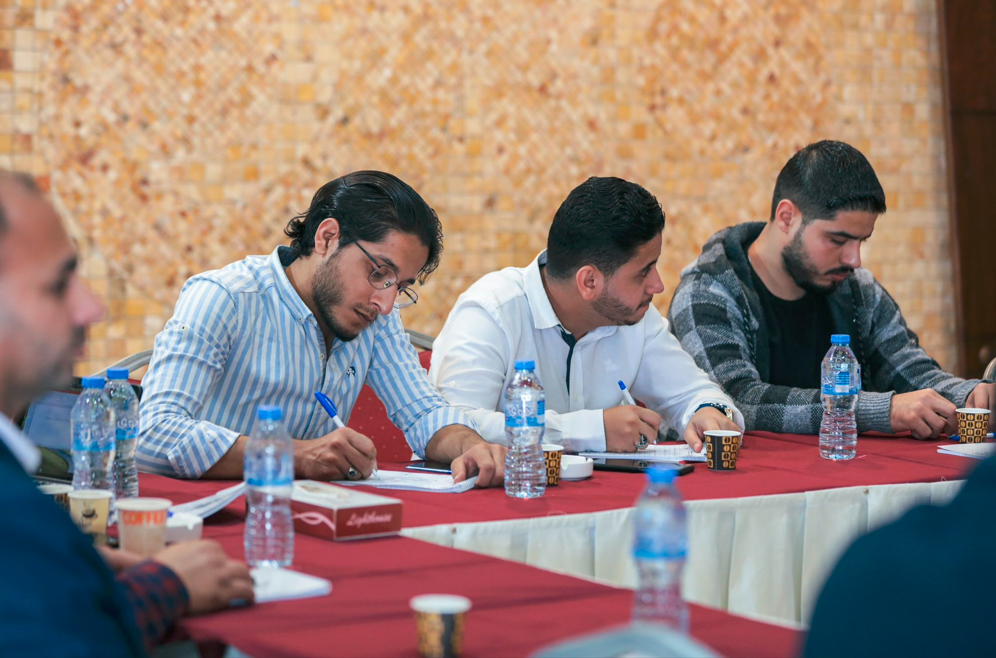
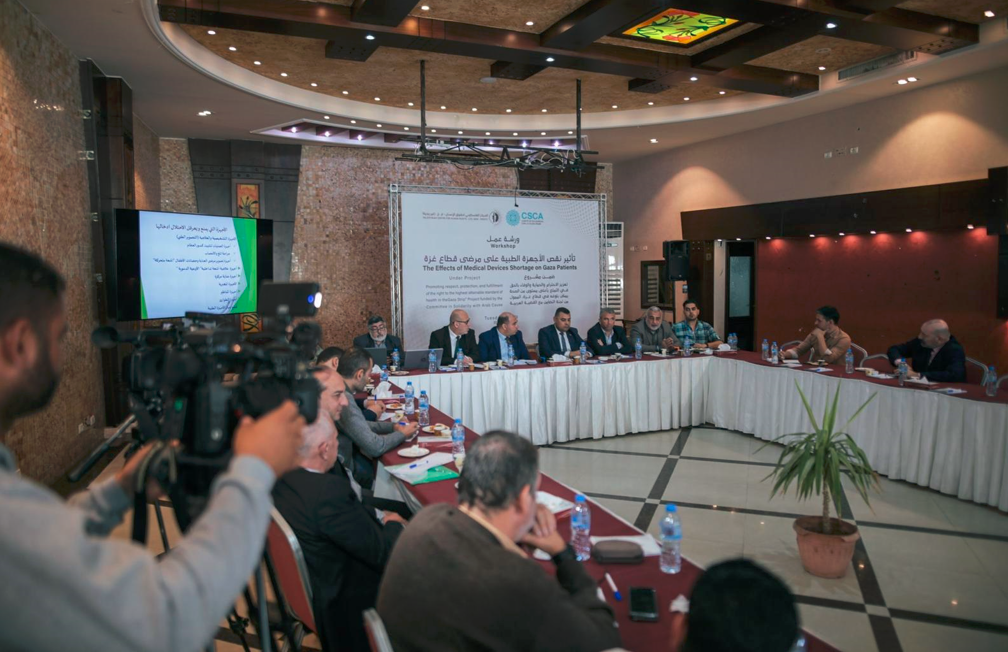
Can you be more specific about the content of your article? After reading it, I still have some doubts. Hope you can help me.
… [Trackback]
[…] There you will find 81784 more Info on that Topic: pchrgaza.org/pchr-organizes-workshop-and-participants-demand-coordinating-committee-to-be-formed-to-ensure-supply-of-medical-devices-for-gaza-health-facilities/ […]
I am out here to speed this good news to the entire world on how I got help from Dr UYI a great lottery spell caster that will help you cast a lottery spell and give you the rightful numbers to win the lottery, I didn’t believe lottery spell at first but as life got harder i decided to give a try, I spend so much money on tickets just to make sure I win. until the day I met Dr UYI online, which so many people have talked good about, that he is very great when it comes to casting lottery spell, he told me the necessary things to do and behold it was like a magic, i won $220 Million Dollars Mega Million with the numbers Dr UYI gave to me. his a really trustful person worthy and reliable, i am sharing this to you who have been finding it so hard to win the lottery, Thanks you Dr UYI who helped me Contact him via email: drzukalottospelltemple@gmail.com OR WhatsApp on +17174154115